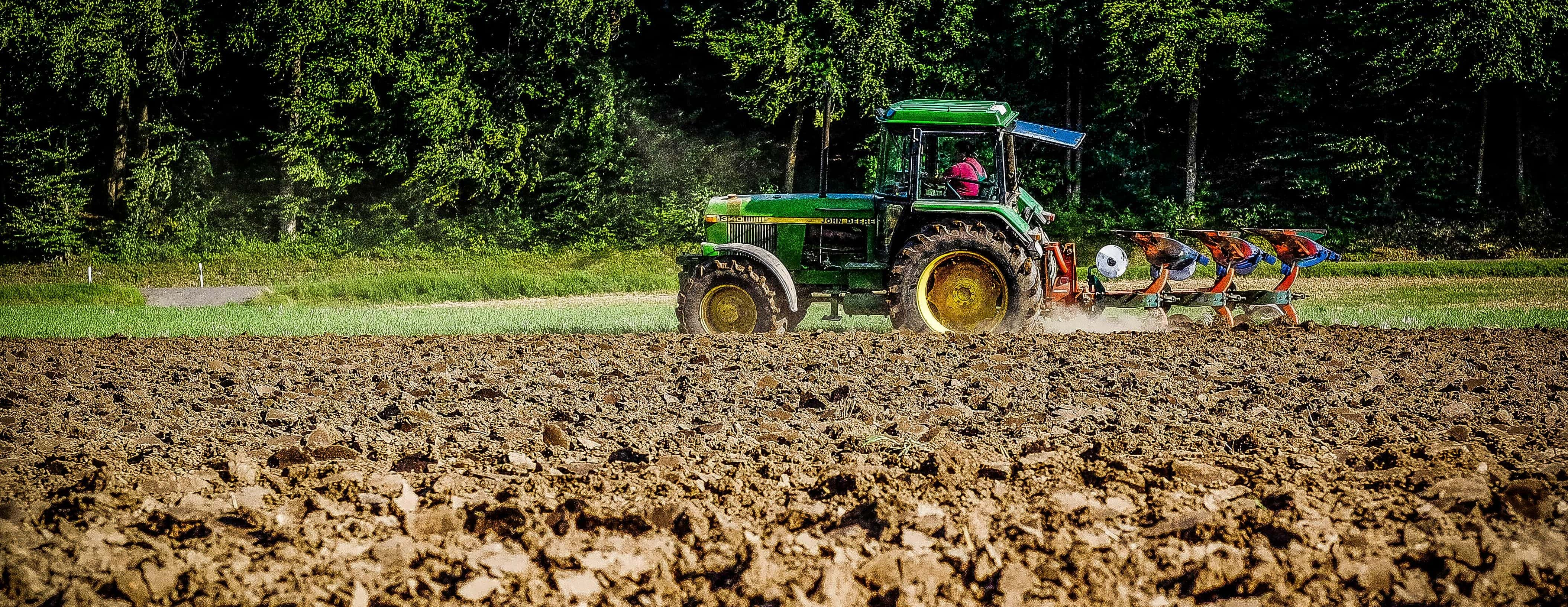
SPRINGFIELD, Ill. (IRN) — One of the few bright spots of 2020 has been the popularity of agritourism for Illinois farms.
Farm stands and ancillary retail operations on farms increased profitability by 5.7%, a new survey by Professor Brenna Ellison of the University of Illinois Champaign-Urbana for the Illinois Farm Bureau has found, as cited by an AgUpdate article.
In her recent presentation at the Illinois Specialty Growers Association virtual conference, Ellison reported that farm visits in 2020 were up 17% as compared to 2019, the article reported. A trend she attributes to people who were looking for entertainment and social interaction when so many other leisure activities were shut down because of the pandemic.
“While there are very few silver linings in COVID, this has been to the benefit of agritourism,” Ellison said.
To define what agritourism is, is hard to pin down, Ellison said. The Illinois Extension website lists 217 farms that have agritourism operations. Those are only the farms that have registered with the extension, but no one knows exactly how many Illinois farms offer side businesses that attract customers to its operations.
The most common agritourism offerings are pumpkin patches, farm stands and pick-your-own produce or flower opportunities. Other attractions include tractor rides, corn mazes, cider sales, petting zoos, retail stores and even distilleries. Specialty foods such as cider doughnuts and apple slushies are popular. Some farms also offer picnic tables and swings and slides encourage people to linger.
One sector of agritourism did suffer in 2020 Ellison found in her study, she said. As a result of COVID-19 crowd restrictions, weddings and parties were cancelled, as were school trips because schools were closed.
“Farms that relied on events really struggled in 2020,” Ellison said.
To boost farm visits, farmers are making efforts to reach out to customers, Ellison said. In 2020, more farms set up websites.
“Farmers are thinking about e-marketing and online commerce because those are probably not going away,” she said.
In a concession to customers, more farms are now accepting credit cards and other no touch transactions for in-person purchases. As a result of the pandemic, customers expect that option, Ellison said. In spite of credit card processing fees, farmers complied in order to retain customers.
Rather than focusing on products, talking to customers and finding out what they are looking for is key to making marketing decisions, Ellison said.
“There are a lot of misconceptions about how food is produced. A lot of times the way these operations get started is farmers wanting to bring people to their farms and show them the care that they put into food production,” Ellison said.
By KEVIN BESSLER for the Illinois Radio Network
